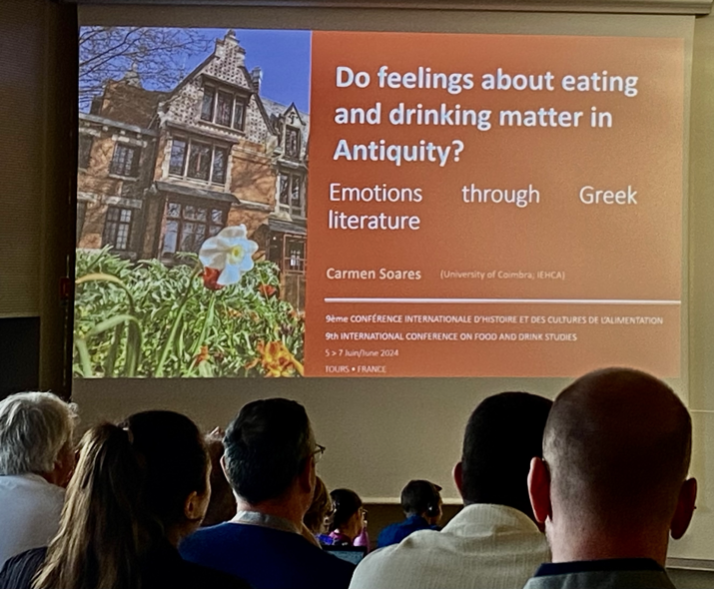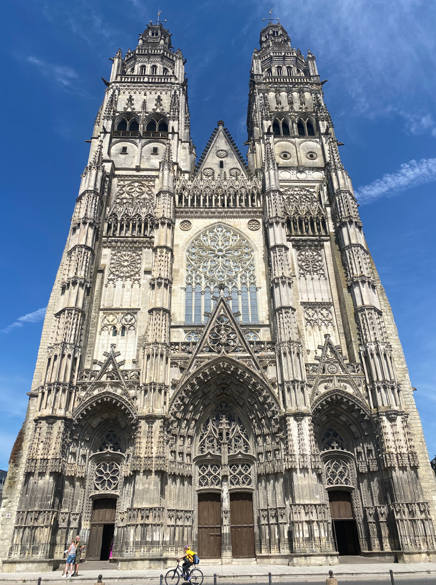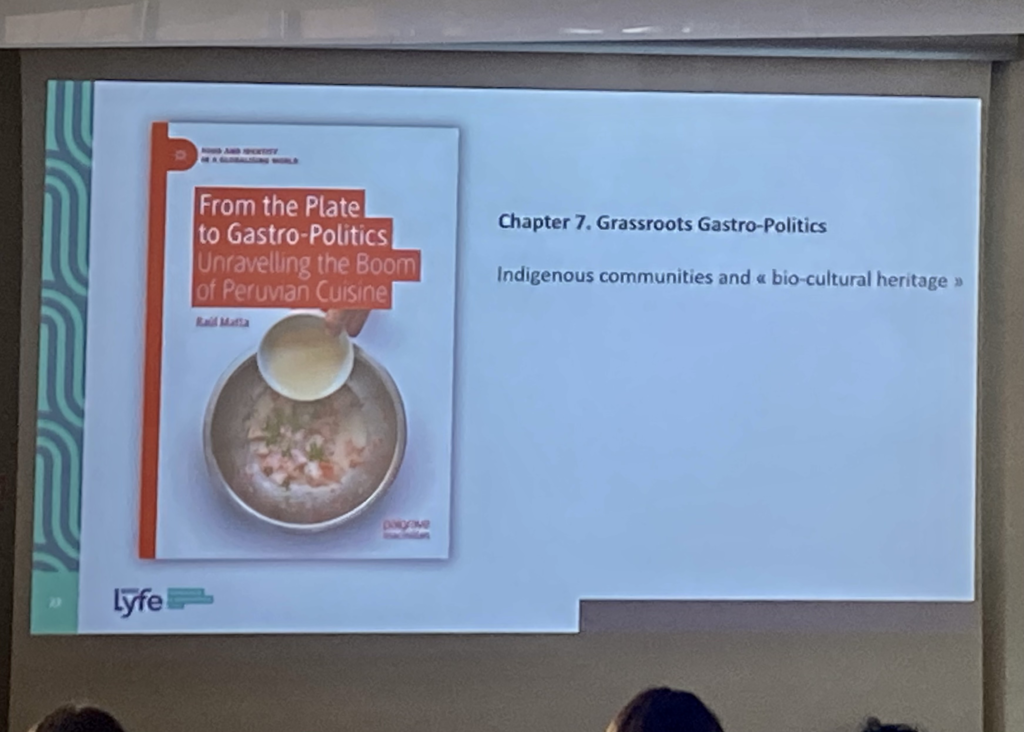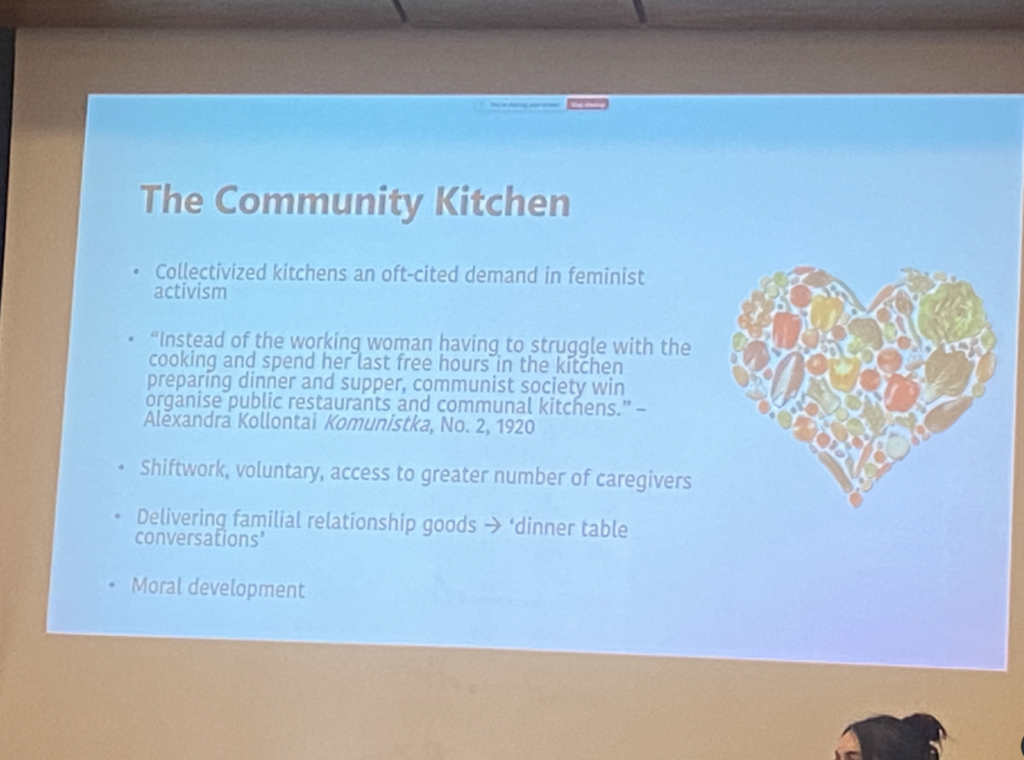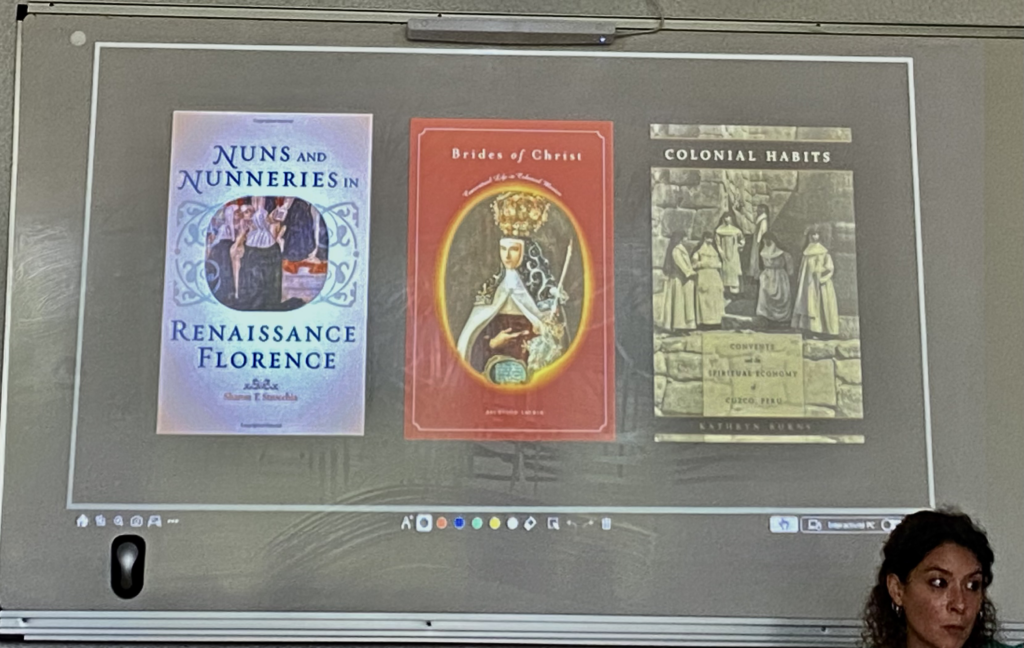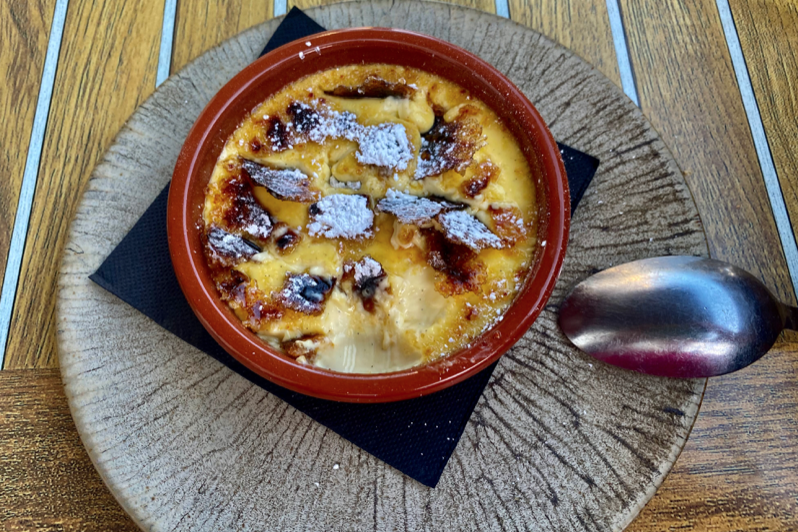At Borromini Institute, our Gustolab academic cluster is a hive-mind constantly buzzing with exchanges of ideas and knowledge surrounding sustainable food systems, food culture, food history, and of course flavor and taste! Yes, we even look for it in the hotel breakfast bar.
Along with being a Development Coordinator and instructor for Borromini Institute, I am also a PhD student studying food culture in Italy and across the Mediterranean, which means I was lucky enough to attend and share research at three different food and culture conferences over the past month.
- First was the 11th annual “Food and Drink” Conference in Tours, Loire Valley, France, hosted by the University of Tours and Villa Rabelais with a focus on food history;
- second was the “Food, Family, and Justice” conference hosted by the department of Political Philosophy at John Cabot University in Rome;
- and third was the 14th annual Culture Studies Summer School conference entitled “Culture at War”, hosted by the CECC Research Center at Católica University in Lisbon, Portugal.
The breadth and depth of the speakers across all three of conferences cannot be easily summarized. In France I learned that Turkish vineyards produce much more than wine, and that the leaves, vines, and grape skins are ancient and abundant sources of non-alcoholic gastronomic products and meals until today! (Think syrups, brines, and drying processes!). Also that the convent nuns in Spain and Portugal have been deeply entwined with and agents in political, economic, and class negotiations through their cloistered pastry-making for at least 500 years.
In Rome, at the “Food, Family, and Justice” conference hosted by John Cabot University and headed by Dr. Tom Bailey, heated and healthy debates abounded about the ethics of eating meat and possibilities of raising a new global generation of vegans. Lively discussion also addressed the historical and contemporary role of the “housewife”, and how labor in the home can be perceived in new ways to accommodate women in their contemporary, more autonomous, context. Issues of climate change and social responsibility through food and food culture was at the forefront, as well as what it means to eat as a global “community”.
In Lisbon, at the CECC-research center hosted annual conference “Culture at War”, a diverse array of international academics and artists came to share and discuss ideas surrounding diversity in film and media, the power of monuments and shifting historical narratives, the power of fashion, music, food culture, and effective decolonial strategies in our contemporary world.
My broadest takeaway from these full and rich three conferences is simply that Food Studies is an exploding field of academic inquiry from all sides: from the humanities, sciences, fine arts, business, marketing, economics, and more. Interdisciplinary exchange is the key! Understandimg current trends in food, agriculture and gastronomy at every level touches on climate change, economics, politics, psychology, history, and much more…Food is the ultimate lens on both our human and ecological conditions.
And above all, I’ll be happy to soon return to Rome from my travels and sink back into a breakfast caffé, cornetto all’pistacchio, a summer lunch of a pasta alla Norma and a cold, full-bodied Tuscan Chardonnay to wash it down. Followed, of course, by a well-needed Roman summertime nap before beginning to contemplate what is for dinner.
